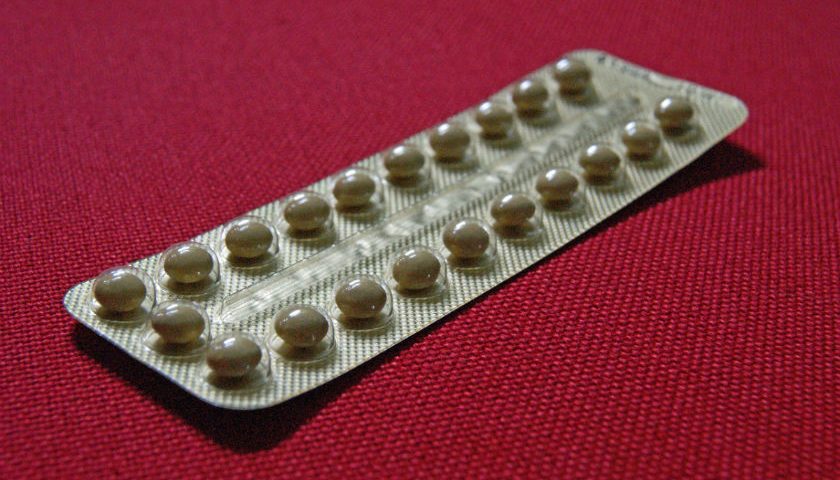“The Pill” And Its Most Common Side Effects

The hormone-based oral contraceptive pill, known as “The Pill,” is used by nearly 16 percent of women between the ages of 15-44 in the United States. The Pill is used as a method of preventing pregnancy and can help resolve irregular menstruation, PMS, painful and/or heavy periods, and even acne.
The Pill works by preventing ovulation from happening. (No egg = nothing for sperm to fertilize = no pregnancy!) There are several different types of contraceptive pills on the market, but they all contain synthetic forms of estrogen, progesterone (progestin), or both. While all the different types of pills have the same common goal, some may be more effective than others. But one thing is the same — they all have potential side effects to be aware of.
Nausea
When some people first start taking the pill, they experience mild nausea. Taking the pill with food, or right before bedtime may help alleviate nausea, but the symptoms usually subside after a short while. If your nausea is severe or has lasted longer than three months, talk to your doctor about switching.
Weight Gain
While there are no clinical studies that have found a consistent link between birth control pills and weight fluctuation, the pill is known to cause fluid retention, especially around the hips and the breast. One review concluded that most studies found an average weight gain of 4.4lbs at the 6-12 month mark in those that start taking progestin-only pills. Studies of other birth control methods have shown the same weight gain, and some types of hormonal contraceptives have been linked to a decrease in lean body mass.
Spotting
It’s not uncommon to have slight vaginal bleeding between periods. This will usually stop within three months of starting to take the pill. It’s important to know that while spotting, the pill is still effective so long as it has been taken correctly. If you experience five or more days of bleeding while on the active pills, or heavy bleeding for 3 or more days, speak with your doctor.
Change In Libido
With any change in hormones, there will be a change of libido. Unfortunately, with the birth control pill, the most common form is a decrease. While this usually resolves itself within three months, if it continues or becomes bothersome to you, your doctor may help you with an alternative solution.
There are cases where the birth control pill can actually increase libido. By reducing painful symptoms of menstrual cramping, PMS, or uterine fibroids, many women find that they are more interested in sex.
Headaches And Migraines
Pills with different hormones and doses may trigger different symptoms of headaches and migraines. Symptoms generally reduce over time, but if you’re finding you have severe headaches when you take the pill, especially if you were not prone to headaches before, talk to your doctor. A low-dose pill may help reduce the incidences of headaches.
Mood Swings
While some women begin taking the pill to combat current mood swings, many studies suggest that oral contraceptives may cause an increase in the risk of depression or other emotional changes. If you experience sharp mood changes while on your current pill, a change may be in order.
And remember, if you feel like hurting yourself or others, call 911 immediately.
Missed Periods
With proper pill use, it’s not unusual for your period to be light or to be missed altogether. This is more likely to happen if you are under stress, get sick, travel, and/or have thyroid or hormonal abnormalities.
If you do miss your period (or in some cases have a very light period), you may want to take a pregnancy test before starting the next pack. It’s not unusual for your period to be light
Do you have more questions or concerns about “The Pill?” Miami Center of Excellence is here to put your mind at ease? Our experienced staff of doctors and nurses will help put you on the course that’s right for you and your body. Make an appointment today online, or by phone at (305) 515-5425.
